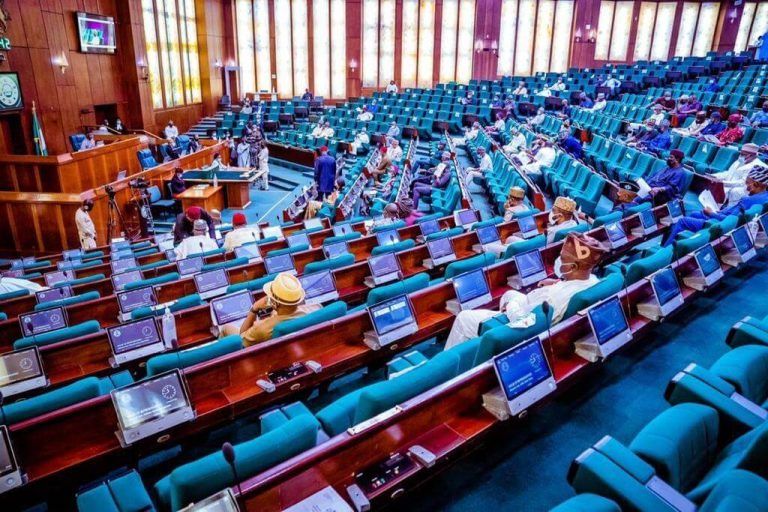The House of Representatives yesterday launched a probe into the alleged non-repatriation of crude oil export proceeds estimated at over $850 billion between 1996 and 2014. The Ad Hoc Committee on Pre-Shipment Inspection of Exports and NonRepatriation of Crude Oil Proceeds Chairman Seyi Sowunmi said this during the committee’s inaugural press conference.
According to him, recent findings suggest a significant breakdown in compliance with the Pre-Shipment Inspection of Exports Act, as operators in the oil and gas sector allegedly failed to repatriate between 40 and 45 per cent of crude oil export proceeds — contrary to the law mandating full repatriation within 90 days for oil exports and 180 days for non-oil exports.
He also expressed concern over “worrisome disparities” in export-earnings data among government agencies such as the Central Bank of Nigeria (CBN), Nigerian Upstream Petroleum Regulatory Commission (NUPRC), Nigerian National Petroleum Company Limited (NNPCL), and the National Bureau of Statistics (NBS), as well as inconsistencies between Nigerian and international data sources like OPEC.
According to Sowunmi, non-oil exports— particularly in the solid minerals sector—have also shown “high levels of non-compliance” with repatriation laws According to him, the Pre-shipment Inspection of Exports Act (CAP P26, LFN 2004) established the Nigerian Export Supervision Scheme (NESS) to prevent capital flight, ensure accurate export valuation, and safeguard Nigeria’s foreign exchange earnings.
Before the Act was enacted in 1996, he said, the country suffered from “endemic leakages in the form of under-valuation, delayed invoicing, price manipulation, illegal swaps, and deliberate over-loading.”
The chairman said they would probe the exact volume and value of unrepatriated export proceeds from oil, gas, and non-oil sectors since 1996, determine why government agencies produce conflicting export data, and engage experts for a forensic reconciliation of exportproceeds accounts.















